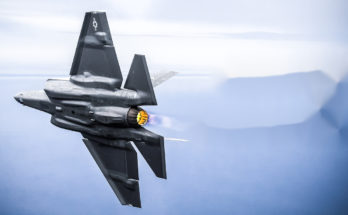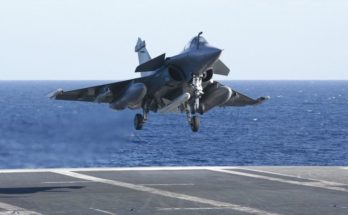In an interview with Rossiya-24, the President of United Aircraft Corportion (UAC), Yuri Slyusar, revealed 2022 as the year that Russia will begin production of a modernized strategic bomber.
The modernized bomber is called the Tu-160M2. It is a heavily upgraded version of the Tu-160, featuring new weapons and better engines. Russian officials have stated it will be twice as effective as the original aircraft.
UAC President Slyusar noted, “We are ending experimental design work in 2021, starting in 2022 we begin serial production of these machines.”
He added, “We are discussing the exact figure with the customer. I believe their number will range from 30 to 50 machines.”
Once production lines open, Russia expects to produce two or three bombers annually, with a goal of eventually producing between 30 and 50 bombers for the Russian Aerospace Forces. (Some reports misinterpreted his statement as meaning between 30 and 50 bombers annually; that is the cumulative figure over the life of the program.)
It is unclear what the size of an initial order will be.
Russia announced the return of the Tu-160 in a new modernized form in 2015. As W4T reported in February, production of a prototype aircraft is expected to commence soon. Procurement of components began in January 2017.
The first prototype make make its first flight in 2018. Russian Aerospace Forces Commander Viktor Bondarev previously said he expected the plane to make a flight in 2018 and start serial production three years later.
The renewal of the program is expected to delay production of the PAK DA, a new-generation strategic bomber, which was initially slated to be produced before 2023. Design work on the PAK DA does continue, however, and a design may be shown off in 2018.
Military markets analyst, covering Eurasia, Middle East, and Africa.




